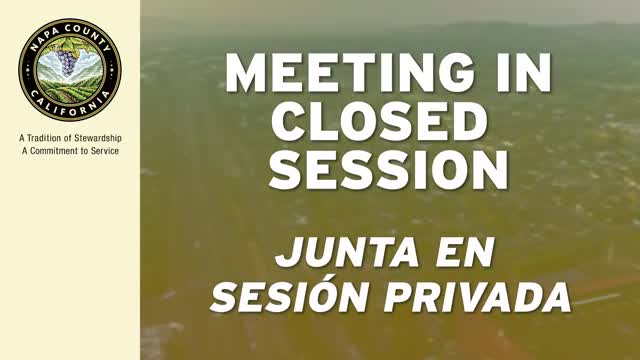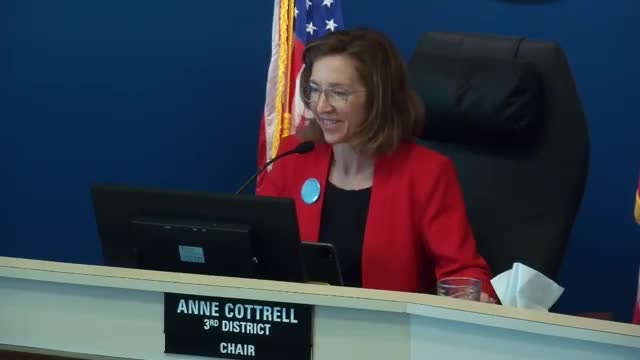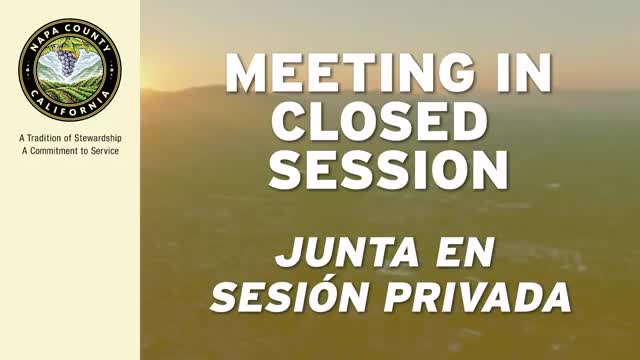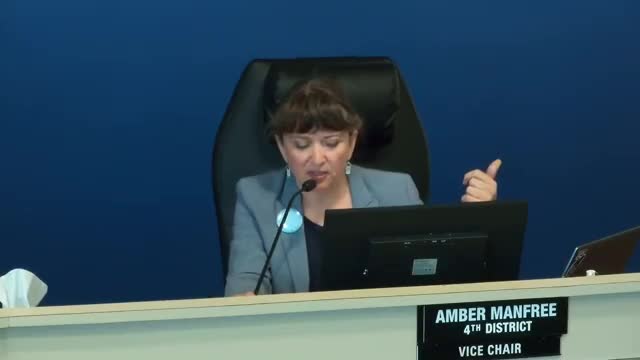Article not found
This article is no longer available. But don't worry—we've gathered other articles that discuss the same topic.

GSA presents 2024 groundwater annual report: pumping rose to ~16,210 acre‑feet; continued monitoring and actions planned

Board of Supervisors denies Water Audit appeal, upholds approval for Bonnie’s Vineyard winery with added conditions

Board adopts state fire hazard severity zone maps for Napa County local responsibility areas

